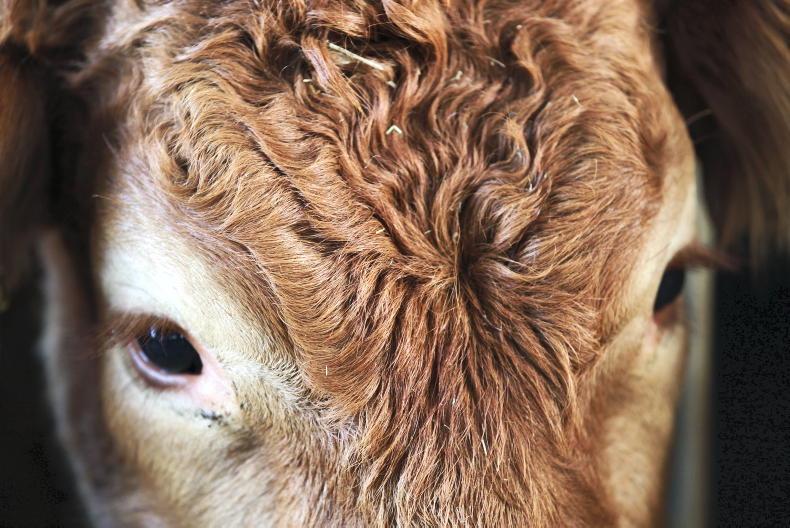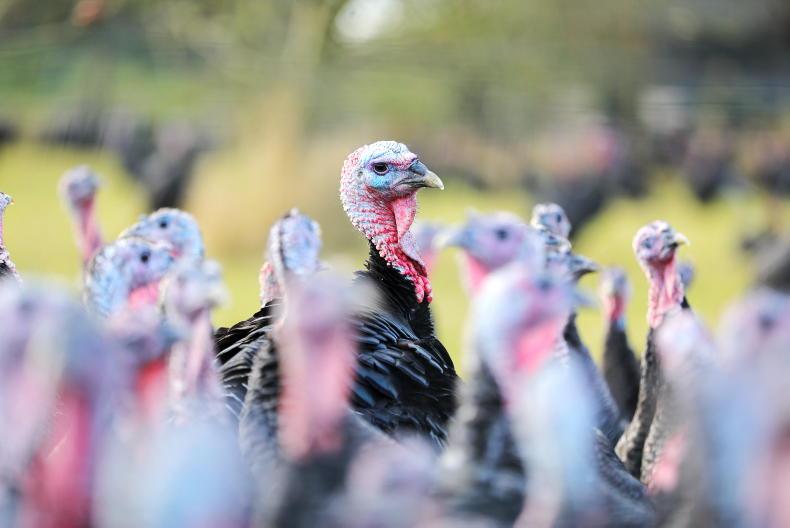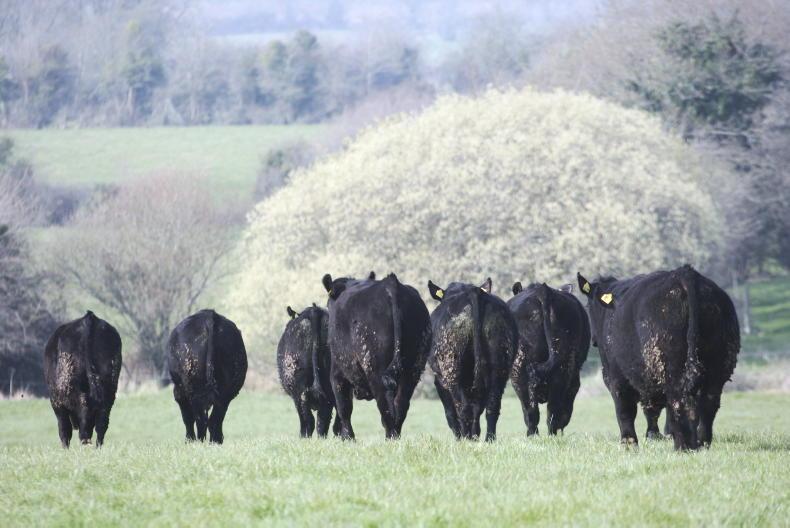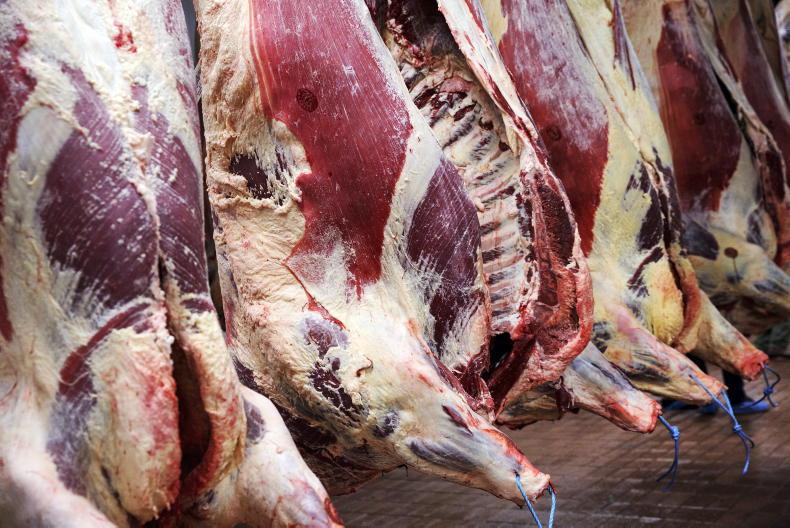The United States Department of Agriculture (USDA) is warning their farmers about a growing number of cases of highly pathogenic avian influenza A(H5N1) transmitted from wild birds to dairy cattle.
Some 191 cases of bird flu have been reported in dairy cows across 13 US states since March.
In response to the outbreak, the USDA has announced that it would be increasing testing in meat processing plants with a focus on culled dairy cattle.
This additional testing will begin in September and continue for the rest of 2024.
Safe to consume
The USDA has confirmed that that beef and dairy products processed in the country are safe to consume.
Although some infected cows are asymptomatic, other cattle can experience a range of symptoms.
These include reduced milk production, thickened or discoloured milk, decreased appetite and feed consumption, tacky or loose faeces, lethargy; dehydration, fever and clear nasal discharge.
The USDA said the testing is a cautionary measure to “gain more information about the avian influenza in slaughtered animals and protect from the virus spreading more in dairy cattle.”
Human cases
Since April 2024, 13 human cases of avian influenza A(H5) virus have been reported in the US.
Four of these cases were associated with exposure to sick dairy cows and nine were associated with exposure to virus-infected poultry.
However, the US Centre for Disease Control and Prevention (CDC) said its “current assessment is that the immediate risk to the general public from H5 bird flu remains low.”








SHARING OPTIONS